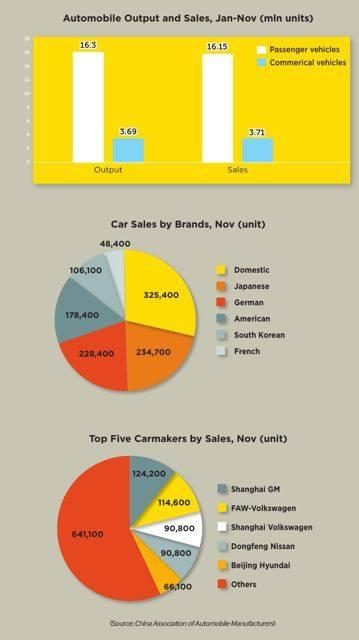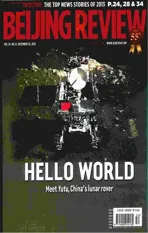Shoring up Confidence
2013-04-29
Central Huijin Investment Ltd., a state-owned investment company, increased its stake in Chinas four largest state-owned commercial banks, in a move to boost the flagging stock market.
The banks filed statements to the Shanghai Stock Exchange on December 16.
The Industrial and Commercial Bank of China revealed that Central Huijin had purchased 175 million A-shares in the bank by December 12, about 0.05 percent of its capital stock. Huijins share in the bank is now 35.36 percent.
China Construction Bank stated Huijin had purchased 103 million A-shares of its bank by December 12, accounting for 0.04 percent of its capital stock, bringing Huijins share in the bank up to 57.26 percent.
The Bank of China announced Huijin had bought 113 million of its A-shares, or 0.04 percent of its capital stock, making Huijins share account for 67.75 percent.
The Agricultural Bank of China stated Huijin had purchased 179 million of its A-shares, or 0.06 percent of its capital stock. This brings Huijins total share in the bank up to 40.28 percent.
Forex Surplus
Chinese banks purchased foreign exchanges(forex) worth $164.7 billion in November while selling $128.1 billion, for a surplus of $36.6 billion.
It marked the fourth month of surplus since August, after a deficit in June and July, according to the State Administration of Foreign Exchange.
Analysts attributed the surplus to the growth of the economy, appreciation of the yuan and delay of the U.S. Federal Reserves gradual tapering of quantitative easing.
Foreign exchange transactions are a major cause of fluctuation in Chinas foreign exchange reserves, and the November surplus indicates a slowing outflow of foreign capital.
In the January-November period, forex purchases stood at $1.7 trillion and sales, $1.46 trillion, with a surplus of $239.2 billion.
